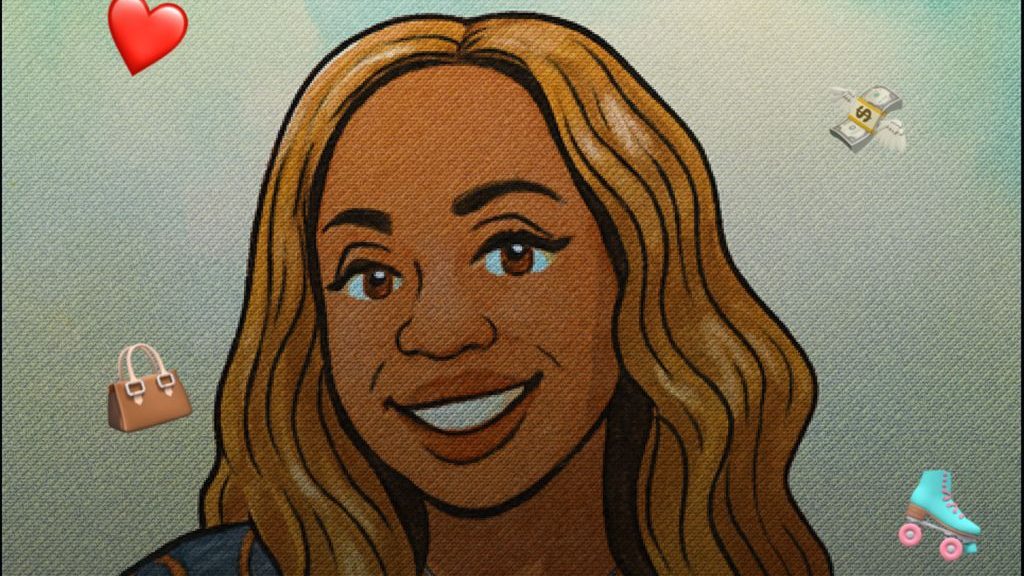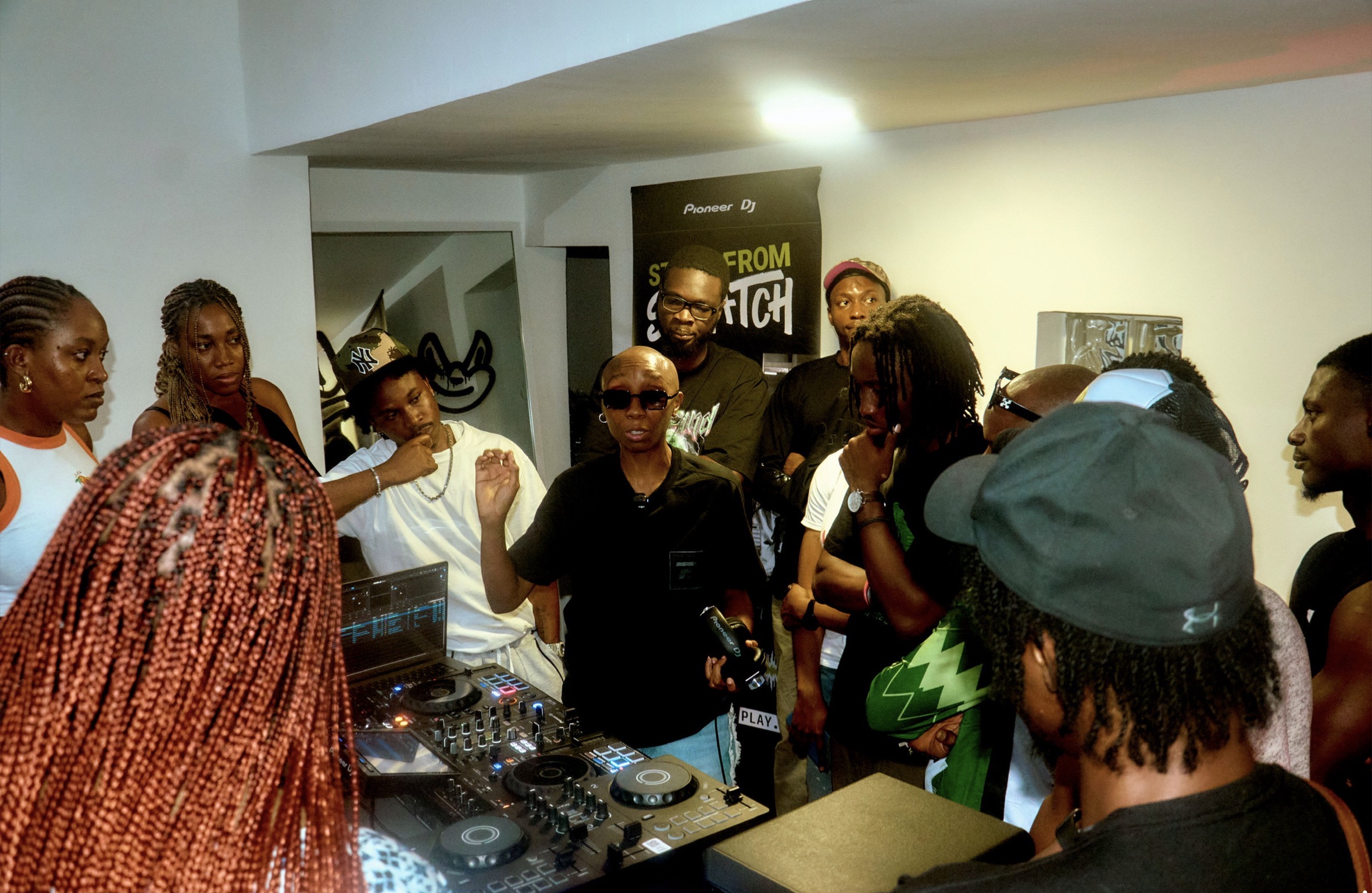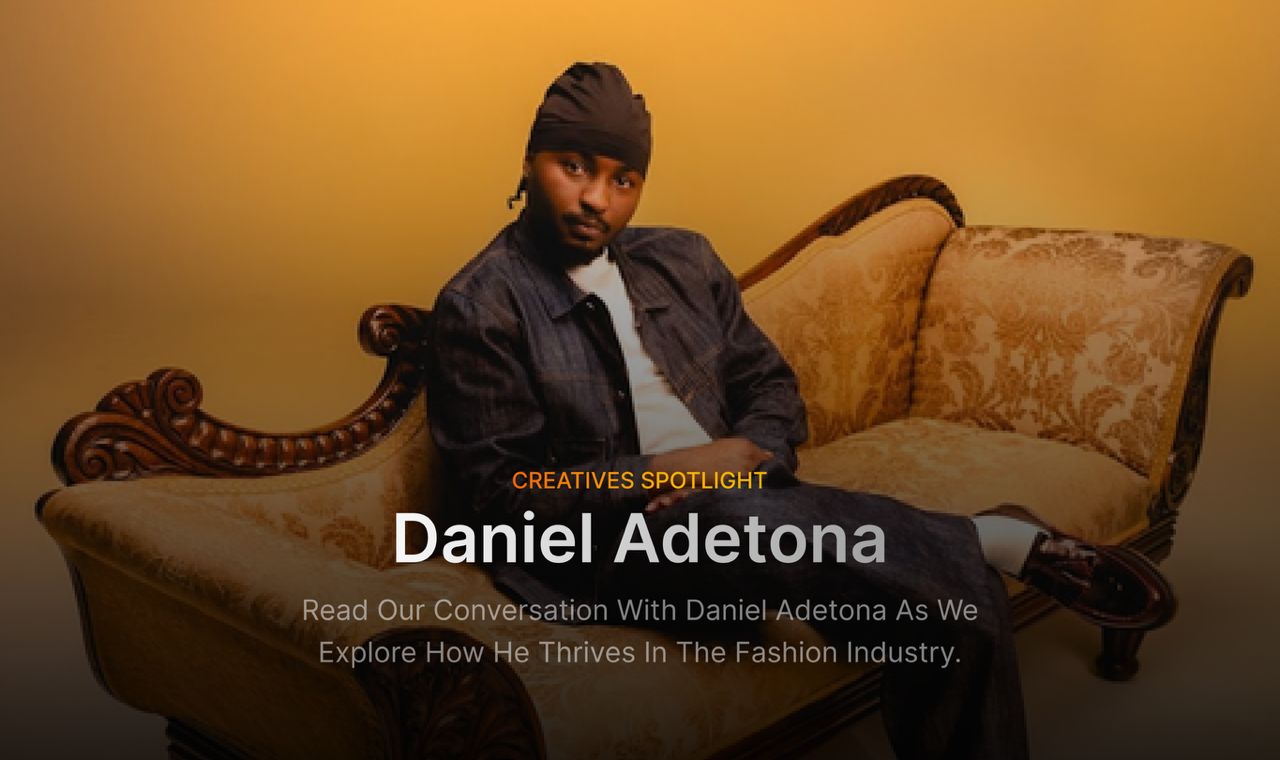By Aderinola Omotosho
Before she became a screenwriter and one of the quiet voices shaping contemporary Nigerian fiction, Ufuoma Bakporhe was a little girl who spent hours in her dad’s computer room, stapling together A4 sheets of a story she titled The Lost Princess. Her father was an avid reader who shared his books with her, and those early moments — surrounded by words, imagination, and encouragement — planted the first seeds of a lifelong love for storytelling.
Years later, Ufuoma found herself on a different path. She studied law, graduated, and practised corporate law for two and a half years. It was comfortable work — structured, respected, and steady — but something always tugged at her. In between long hours and office deadlines, she was still writing. Eventually, she realised the stories mattered more. In 2024, she took a leap of faith and became a full-time screenwriter.
Since then, her world has been one of balancing creativity with consistency, navigating the unpredictable rhythms of freelance life, and finding peace in the slow but steady process of becoming.
Fresh off a Film Joint Awards 2026 nomination for her screenplay Two Hearts One Soul, Ufuoma Bakporhe feels like she’s right in the middle of her stride — that sweet spot where her stories are starting to speak for her. But even with the growing recognition, there’s a calmness about the way she moves through her craft, the same quiet honesty that’s always been at the heart of her work.
In this conversation for The Roaring 20s, Ufuoma talks about what it means to build a creative life from the ground up, the challenges of choosing passion over certainty, and why she’s learning to take her twenties — and her art — one day at a time.
You started out as a corporate lawyer before fully stepping into the world of film. What first sparked your love for storytelling, and what made you decide to leave law behind to pursue it?
Both law and writing have always been my loves. Since as far back as I can remember, I started writing at a very, very young age… When I was eight, I wrote this short story. I still remember the title: The Lost Princess. I wrote it on A4 sheets of paper from my dad’s computer room.
My dad was so proud of it. He would show it to everybody who came to the house. And it was my dad who actually made me love storytelling and writing because he was a reader.
I practised law for two and a half years. As much as I enjoyed corporate law, I enjoyed telling stories more. It was a more comfortable job, a better-paying job, but it just wasn’t as fulfilling as telling stories. I started looking for opportunities. In 2023, I took a course with Terra Academy For The Arts (TAFTA), and I got an internship with Bolanle Austen-Peters Production. It was hybrid, and I still had my law job. I was able to balance both for a while, but I realised I wanted to do this full-time. So, in January 2024, I quit my job and became a full-time screenwriter.
Your debut novel, Letters from an Imbecile, came out when you were quite young. Looking back, how has your writing voice changed since then?
Oh, it has improved a lot, a whole lot. I’m grateful for Letters from an Imbecile — it was something I wrote when I was very young. Looking back now, I think if it were in today’s world, I would give it a different title if I were to republish it. But it was a story that was close to me. It opened doors for me, helped me understand the publishing world and storytelling, and gave me a voice. Over time, of course, as with any craft, you grow.
How do you balance personal experience with imagination when you write?
There is a very thin line between fiction and reality. Fiction is taken from reality. Fiction imitates reality. Reality imitates fiction. You draw from experiences. I just finished a story where the major theme is homelessness and being displaced. I stumbled on different articles and posts while I was writing, and I drew ideas from people’s experiences I saw online. You draw from what you’ve read, what you’ve watched, what you’ve seen other people experience. That’s really where I pick the things I put in my stories.
The creative industry can be unpredictable, especially for young professionals. What’s one challenge you’ve had to push through in your 20s?
Financial stability. In the creative space, especially when you’re new, if you haven’t gotten into the right spaces and you don’t know the right people, some of the opportunities I got were because people put my name in rooms.
Getting a stable income from what you do is hard; you can go one month, two months without a job. The pay isn’t always great, and sometimes people have to write 10 scripts in two months to make good money, which isn’t healthy. Getting jobs, getting into the right rooms, and making a steady income from your work. That’s a challenge.
How do you deal with pressure or expectations after leaving a more ‘stable’ career?
I don’t like to pressure myself, and I don’t listen to outside pressure. I’m a one-day-at-a-time person. When I was leaving my job, I knew I wasn’t going to make as much money immediately. I decided to put myself out there and do my job well, and to be comfortable with what I’m doing. The pressure that I do listen to is the pressure to do my job right. For example, when I joined a writer’s team for a TV series, I wanted to do so well that the head writer was proud of me and called me back.
Tell us about The Writer’s Sauce podcast you co-hosted — why did you stop?
I co-hosted the podcast with a dear friend who is also a writer. When we started The Writer’s Sauce, we didn’t think we’d go for three seasons. We partnered with a friend who had a podcast platform and then went independent in season two.
By the third season, other things were happening: I was thinking about coming into film fully, my co-host was going to law school, and we hadn’t secured sponsorship. We had 3 seasons and a total of 45 episodes; the podcast did well, we won a couple of awards, and we had nominations, but we decided to close the curtains for now until we can fully give it time again.
Mentorship seems to be an important part of your journey, especially with your involvement in programs like the Sprinng Writing Mentorship. How has mentoring other writers shaped your own work?
I like teaching — it comes with being a teacher’s kid. I’ve had people help me on my journey, so when Sprinng Writing Mentorship reached out to me to be a mentor, I felt honoured. Working through the process with someone trying to improve taught me that when you teach, you learn. There are things I learned from my mentee as much as I imparted knowledge to her. It’s fulfilling to contribute to someone’s growth as a creative.
Between your podcast, film work, and fiction, how do you make space to live and enjoy your 20s outside of work?
Friends. Make good friends and grow together. Go out, have fun, travel if you can — it doesn’t have to be expensive. Watch movies, read books. Take little trips, visit galleries, take a train ride. Celebrate small moments. You can’t be a writer without reading, and you can’t be a writer for film without watching films. Life gets busy, but we’re not going to be here forever; you want to enjoy.
Would you say your 20s are roaring? On a scale of 1–10, how loud is your roar right now?
Let me say 6.5, because there’s still so much more that I want to do. I haven’t travelled as much as I want to, and there are still more experiences I want to have. It’s not a strong 7 yet, but it’s steady. More experiences, I’m hoping for more experiences.”





